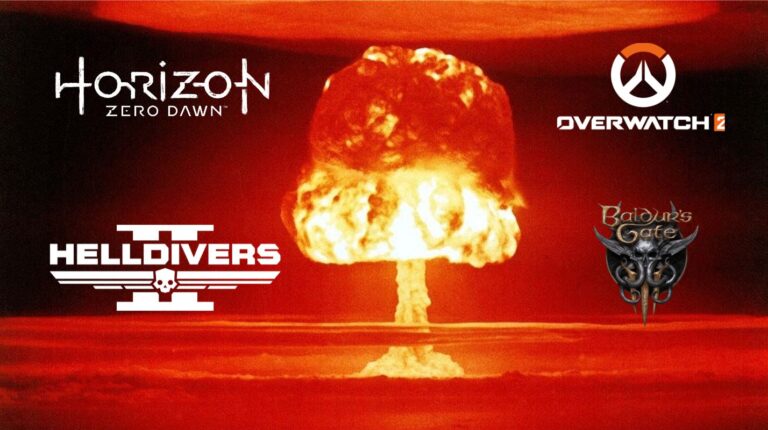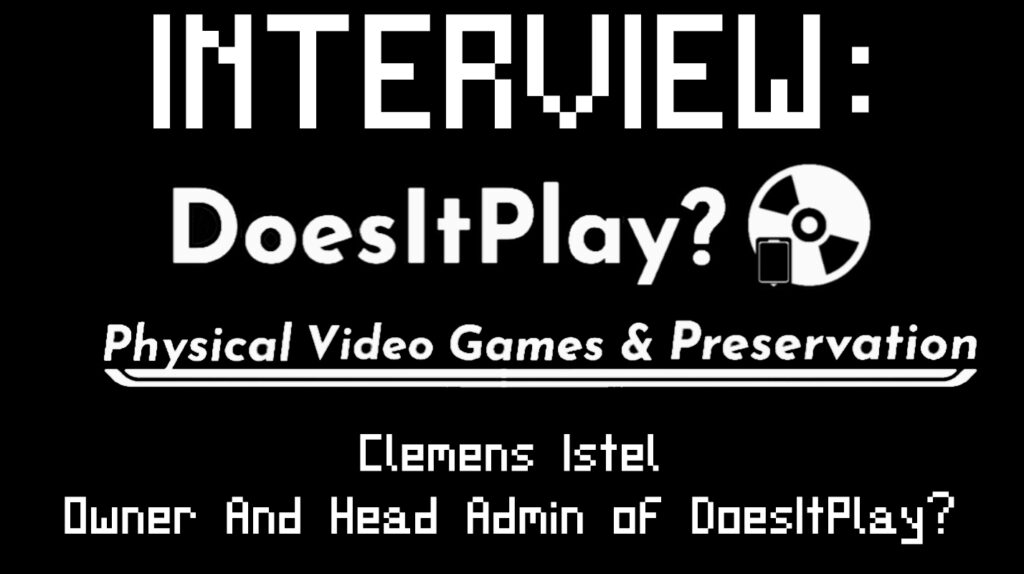Review Bombing is Ruining Good Games And it Needs to Stop


OPINION – In today’s digital age, a small group of angry players can destroy years of hard work with a few clicks. This is the messy reality of review bombing – the practice of flooding a game’s store page, forum, or comment section with negative feedback to tank its score or reputation. It is easy, it is often unfair, and it is slowly poisoning how players discover and judge games.
It is time to face the fact that we have made it far too simple to unleash chaos on a game that might not even deserve it. The consequences are lasting, and the industry needs a smarter way to protect both players and developers from impulsive mob justice.
Let’s be clear. It is perfectly reasonable to criticize a game. Games launch unfinished, features break, performance tanks, and some devs deserve tough love. But review bombing is rarely constructive. It becomes an emotional tantrum that harms the devs working tirelessly to fix the very problems causing the outrage in the first place.
Jump to:
How Review Bombing Happens And Who it Hurts
At its core, review bombing is a digital pitchfork parade. A crowd gathers, often on Reddit, Discord, or Steam forums, and decides that a game or its publisher must be punished for some reason. Then the negative reviews pour in, usually within hours.
Sometimes, players have a legitimate grievance, like a broken launch or missing features. But more often than not, the real target is unrelated. Remember when Horizon Zero Dawn hit PCs in 2020 and its port was admittedly rough? Fair enough, players rightfully complained about performance. But later updates fixed most issues, yet early negative reviews dragged the average down for years.
Or take The Last of Us Part II. Its Metacritic page turned into a battleground not for the game’s performance or mechanics, but for its story decisions and the studio’s political messaging. The actual work that went into art direction, gameplay, and technical polish got buried under angry rants about plot choices.
Recent Victims: Helldivers 2, Overwatch 2, And Baldur’s Gate 3
We do not have to look far for fresh examples. Helldivers 2 took heavy fire on Steam when Sony briefly required players to link a PlayStation Network account. Thousands of players, many of whom loved the game, downvoted it overnight. Even after Sony backtracked, the stain remains in the review history.
Overwatch 2 also suffered when Blizzard announced the end of its promised PvE Hero Mode. Players felt betrayed, so they bombed the reviews not only for the sequel but even dug up the original Overwatch on archived threads to vent more frustration.
Even Baldur’s Gate 3, celebrated as one of the best RPGs in recent years, faced waves of negative reviews by Chinese players, supposedly fans of Black Myth Wukong, when Astro Bot won Game of the Year at Game Awards 2024. Make that one make sense.
When Bombing Becomes a Joke: Chicken Soup And Fake Awards
Steam’s user reviews can be a goldmine of honest feedback – or a carnival of nonsense. A glance at popular games will show dozens of reviews with no critique at all, just memes, jokes, or copy-pasted chicken soup recipes. Some users even farm Steam Awards by spamming silly posts to earn visibility.
This muddies the water for players genuinely deciding whether a game is worth buying. Who wants to sift through jokes and personal vendettas when trying to find real performance or gameplay impressions?
A Simple Fix: Make Players Actually Play Before They Review
There is one obvious solution that would not silence fair criticism but would cut down on abuse overnight. If you want to leave a review, you should own the game and have played it for at least a couple of hours. Steam already knows exactly how long you have played. Lock the review button until you have actually experienced what you want to talk about.
This would not stop people from being upset. It would not magically make bad launches disappear. But it would ensure that scores reflect real, informed opinions from real players – not angry mobs, bots, or bored trolls.
Steam has taken steps to counteract this by flagging off-topic bombs and removing them from a game’s score. But the damage lingers. Early negative reviews are almost immortal; they stick even if the developer patches every bug and releases free DLC to make amends. No patch can fix the memory of a score that plummeted because someone on Reddit or Discord decided to rally a digital mob.
Gaming communities deserve reviews that help, not hurt. Developers deserve fair feedback that they can learn from, not a sea of spam. And all of us deserve store pages where we can decide for ourselves whether a game is good, bad, or in need of a few more hotfixes – without a single chicken soup recipe in sight.

















